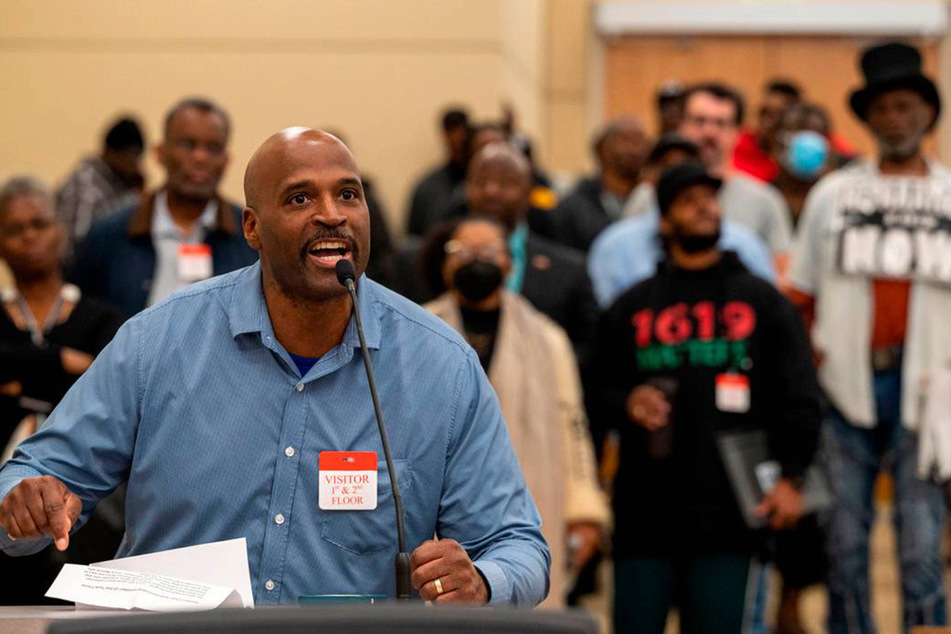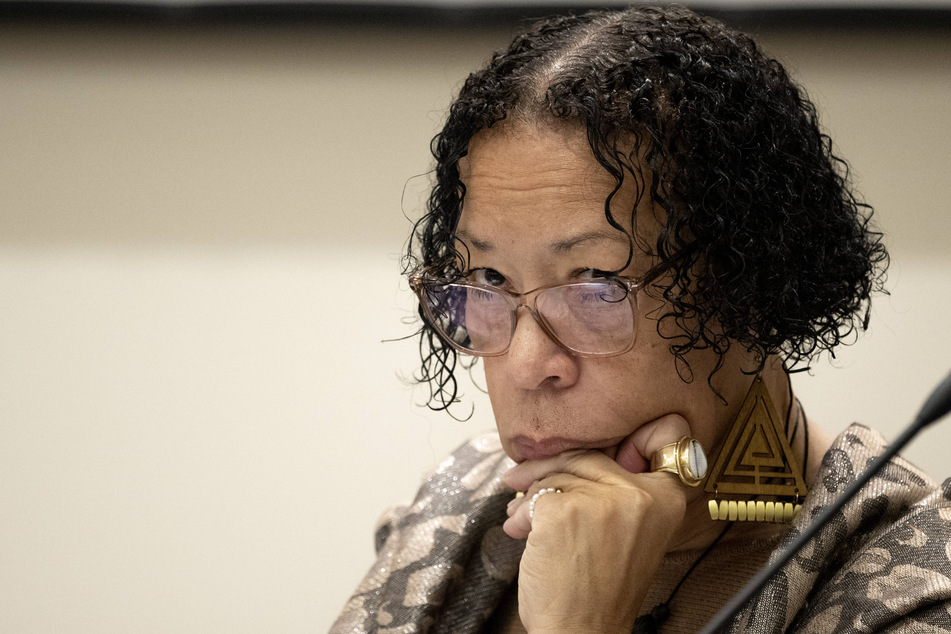California lawmakers introduce reparations package – with mixed responses
Sacramento, California - California lawmakers have officially introduced a package of more than a dozen reparations bills for Black Americans, including a formal apology for slavery and other human rights abuses.

The California Legislative Black Caucus (CLBC) unveiled the proposed package in late January, emphasizing that it is just the first step in a longer process of repair.
The bills are intended to address "how we as Californians are still affected by slavery and its successors in our own state, including redlining, theft of labor, wealth and capital, over-incarceration, over-policing and systemic discrimination," CLBC Chair Assemblywoman Lori D. Wilson said in a Wednesday press conference.
The measures' introduction follows the release of the California Reparations Task Force's groundbreaking final report last June. The plan laid out more than 115 policy recommendations to redress past and present racial oppression.
It also follows the introduction of SB 490, by former California Reparations Task Force member and state Senator Steven Bradford, to create the California American Freedmen Affairs Agency. If enacted, the body would be tasked with overseeing the administration of reparations initiatives and helping to improve the quality of life for descendants of enslaved people.
"We are standing here to fulfill the true meaning of the word 'reparations': to repair," Wilson said on Wednesday. "This is a massive undertaking, so you can expect a package year after year until our work is done."
What is included in the California reparations package?
The 14 bills the CLBC has put forward in its initial package include:
- AB 1929, to create a career technical education grant program for descendants of enslaved people;
- AB 3131, to ensure people from historically redlined communities have priority when applying for career education financial aid;
- ACA 7, to amend the state constitution to enable funding for programs to increase the life expectancy, improve the educational outcomes, or address the impoverishment of specific groups;
- ACR 135, to recognize and accept responsibility for the harms of chattel slavery;
- AB 1815, to extend the CROWN Act prohibiting natural hair discrimination to competitive sports;
- SB 1050, to restore or provide compensation for property taken through race-based uses of eminent domain;
- AB 3089, to issue a formal apology for human rights violations and crimes against humanity against enslaved Africans and their descendants;
- ACA 8, to remove language from the state constitution which permits involuntary servitude in prisons;
- AB 1986, to prohibit the Eliminate the California Department of Corrections and Rehabilitation (CDCR) from banning books without oversight and review;
- AB 2064, to establish a state-funded grant program for community-driven solutions to violence in Black communities;
- AB 280, to restrict the use of solitary confinement in CDCR facilities;
- AB 1975, to make medically supportive food and nutrition interventions a permanent part of Medi-Cal benefits;
- SB 1089, to require advance notification to community stakeholders before the closure of a grocery store in at-risk communities; and
- AB 2862, to prioritize Black applicants, particularly those who descend from enslaved people, seeking occupational licenses.
The absence of direct financial compensation to descendants of enslaved people, as recommended in the task force report, has sparked critical responses from some Black Californians.
California reparations advocates respond to legislative package

Other reparations advocates have welcomed the legislative package as the start of a holistic approach to repair, but emphasized that more needs to be done to tackle the Golden State's legacy of white supremacy.
"The California Legislative Black Caucus reparations package marks a historic and meaningful moment in time," James Woodson, co-founder and executive director of the California Black Power Network, said in a statement released Wednesday. "Reparative justice must be impactful, transformative, and enduring, thus paving the way toward atoning for the wrongdoings deeply imprinted in the state’s history and healing this democracy."
Lisa Holder, a former member of the California Reparations Task Force, insisted, "Reparations is not just about a check in the mail, it’s also about systems change as the quintessential step toward repair and healing for Black Californians and inclusive democracy for all Californians."
Loyola Marymount University Professor of Psychology Dr. Cheryl Grills, another former member of the task force, added, "For too long reparations have been justice delayed which, as Dr. [Martin Luther] King noted, is justice denied. We have finally arrived at a critical moment wherein justice can be delivered."
"This is necessary if we are to strike a blow to structural racism, the offspring of African enslavement," Grills said. "This initial CLBC package represents a step in the right direction."
Cover photo: IMAGO / ZUMA Wire

